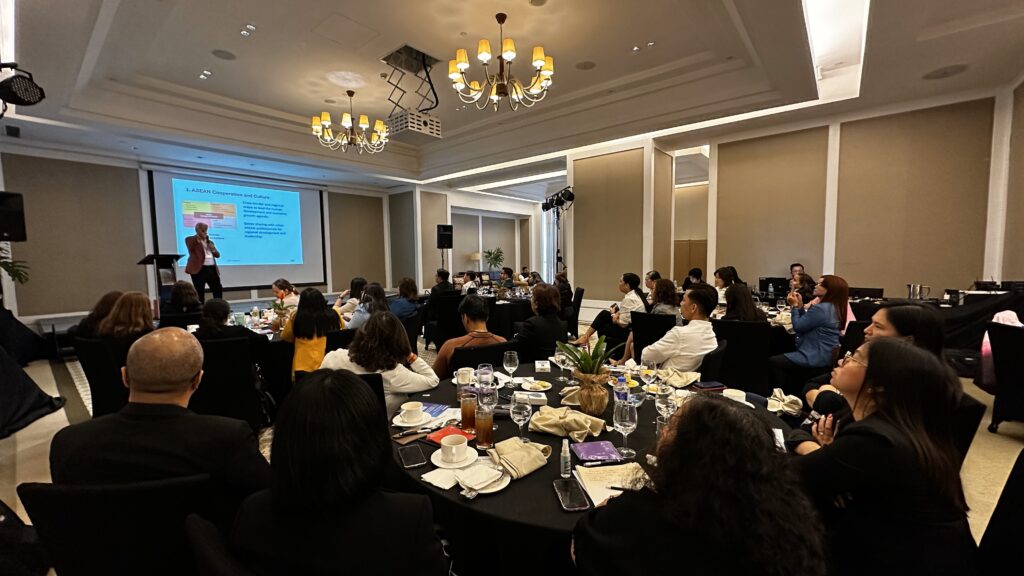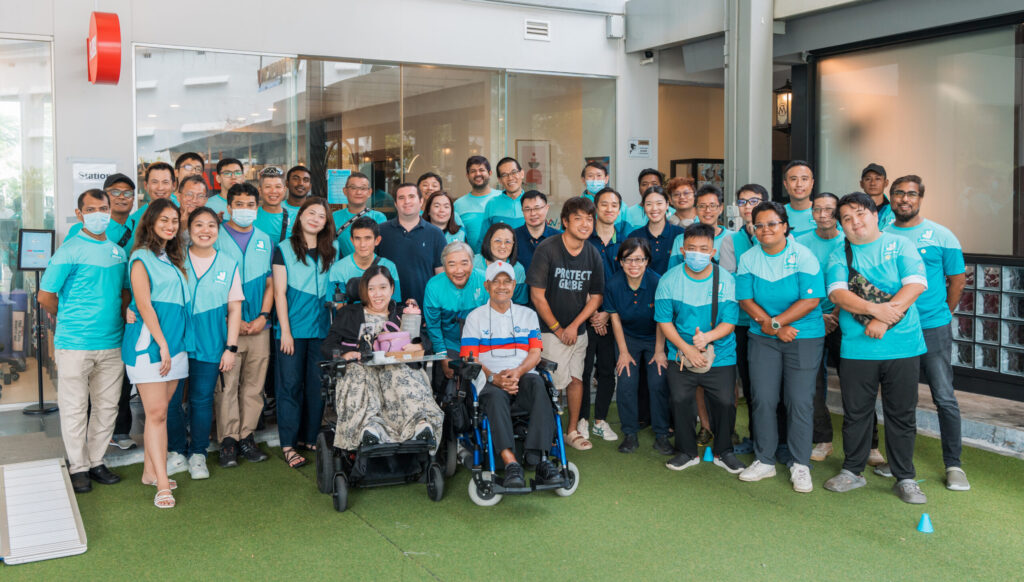Empowering careers, elevating experiences: HomesToLife’s holistic approach to talent retention

HomesToLife enhances talent retention by fostering career mobility, continuous skill development, and a culture of growth and adaptability.
The AI in HR dilemma: Why tech adoption is stuck in neutral

For many CHROs, tech is now a key responsibility, but progress adopting AI in HR remains limited, according to HR Executive’s reader survey.
How AI is redefining human potential in the workplace

AI is reshaping the workplace, elevating empathy, ethical decision-making, and creativity as essential skills in an automated world.
Singapore’s talent paradox: Employers seek tech wizards, jobseekers prioritise practicality

Balancing high-tech hiring with jobseekers’ preference for practical roles is the key challenge facing HR in Singapore’s evolving job market.
Indonesia to launch National Productivity Board to boost economic growth

Manpower Minister Yassierli announced plans to launch Indonesia’s National Productivity Board, aiming to boost competitiveness and drive economic resilience.
WEF: Tech boom to create millions of jobs, but skills gap looms

The World Economic Forum’s latest report predicts seismic workforce shifts by 2030, driven by AI, demographics, and economic pressures.
What’s keeping HR up? Five key takeaways about changing priorities

In HR Executive’s What’s Keeping HR Up at Night? research, HR professionals shared how an environment of change is reshaping their priorities heading into 2025.
The future of work: Can L&D keep pace?

HRM Asia and Coursera for Business will host a webinar exploring innovative L&D strategies to tackle skill gaps and drive growth.
CHRO Philippines: Transforming HR strategies for growth and innovation

Join top HR leaders at CHRO Philippines this February to explore innovative strategies shaping the future of work.
Five ways HR leaders can hire with purpose in 2025

Hiring strategies for 2025 need to look a bit different than in previous years, as factors including AI and the demand for flexibility are changing the game.
Talent development trends in the Philippines

Talent development in the Philippines is evolving rapidly, driven by digital transformation, continuous learning, and the demand for soft skills, says Dr Virgel C. Binghay.
‘AI is a talent magnet’: How to leverage its power in 2025

Thomson Reuters is among companies trying to align their full organisations to leverage AI’s potential with talent acquisition.
APAC HR leaders prioritise talent, technology, and wellbeing

HR leaders in Asia-Pacific are revolutionising workplaces by addressing talent challenges, embracing technology, and prioritising human-centred strategies.
AI: The foundation for a strong learning strategy in 2025

As AI creates new jobs and a need for upskilling, it also empowers leaders to provide learning experiences designed to meet both organisational and individual needs.
Harnessing innovation in L&D to build a competitive workforce

Organisations must embrace transformative learning strategies to close skills gaps, empower employees, and ensure success in the evolving business landscape.
Flexible work, top priority for employees in Singapore

Talent retention and attraction remain critical challenges as employers prioritise flexible work, skills-based hiring, and employee wellbeing in 2025.
Businesses as the schools of tomorrow

Job market shifts and industry convergence demand innovative, inclusive learning strategies to empower employees and drive organisational success.
How AI will drive personalisation of learning in 2025

As the power and capabilities of Generative AI improve exponentially, it also holds the potential to transform workplace learning.
Thinking skills: The new currency in the digital age

A new NTUC LearningHub report shows 94% of leaders consider thinking skills essential for boosting employee capabilities in a digital economy.
UOB invests in employee development to drive future success

UOB’s Dean Tong highlights the necessity of reskilling and upskilling employees to thrive amid rapid technological changes.
What if L&D were a profit centre and how can organisations benefit?

Dr CJ Meadows of the S P Jain School of Global Management presents alternative ways of looking at viable business models for L&D.
Empowering talent: Innovating with skilled-based compensation

To attract and retain top talent, GlobalFoundries is proactively responding to the evolving needs and expectations of their employees.
How Go-Ahead Singapore empowers its senior workforce

Go-Ahead Singapore is supporting senior employees with technology, wellness initiatives and flexible work opportunities.
Bridging trust key to leadership success in the age of Generative AI

Accenture’s research shows that there remains a trust deficit and a disconnect between leaders and employees when it comes to Gen AI.
Gen Z most anxious about AI job displacement

Many professionals fear AI will replace jobs, with Gen Z showing the highest anxiety by actively pursuing upskilling to stay competitive.
Can Singapore’s workforce navigate AI in the workplace? 3 must-know hacks

ManageEngine’s Mohamed Marjook Hussain highlights why the transformation of the workplace by AI should be seen as an opportunity for growth.
Taking a step towards safer and more inclusive roads in Singapore

Deliveroo Singapore’s Rider Safety Month champions road safety and inclusivity, and empowers riders to support persons with disabilities on shared roads.
FUJIFILM’s key pillars for success: People and culture

FUJIFILM Business Innovation Singapore is prioritising people and culture to foster growth, diversity, and lifelong learning to drive success.
FutureSkills: What sort of workforce will you need in the age of GenAI?

Dr CJ Meadows of the S P Jain School of Global Management presents a skills framework that can help organisations develop their human workforce.
How Singapore’s tourism industry is tackling labour shortages

RWS and SUTL are addressing labour shortages with upskilling initiatives and sustainability-focused roles to align tourism with green goals.
